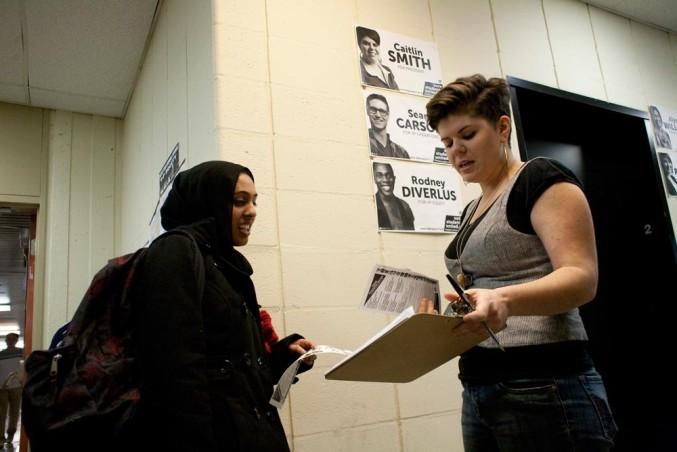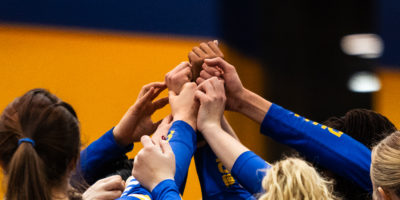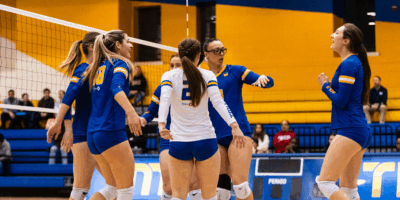This year’s Ryerson Students’ Union election has only two slates. What happened to the independent candidates?
Some students say a politically unsettling trend is appearing in this year’s Ryerson Students’ Union election. Voters’ choices have been reduced to 11 candidates operating from two slates and an independent who has yet to campaign.
A slate is a group of candidates who run in a multi-seat election with the same platform.
Students United is known to work closely with the Canadian Federation of Students (CFS). The slate supports many CFS campaigns, like the movement to stop the public funding of Maclean’s.
The only opposition this year is RU Change, a slate set on making major policy changes to how RSU money is spent.
Most of the RU Change candidates didn’t know each other before the election, but say they decided to form a slate, rather than run individually, in hopes of challenging the pro CFS slate which has had a monopoly on the RSU for years.
The last time there was an election with only independent candidates was in 2004. In 2005 when there were two slates and eight candidates, there were only four positions available. Two slates ran again the following year, but in 2007, a pro CFS slate Students United ran unopposed.
A political fire sparked in 2008 when there were three slates and one independent, totalling 13 candidates for the four positions.
Since then, the number of slates and candidates has stayed relatively consistent until this year.
RU Change presidential candidate Karol Pawlina says he created a slate because slates give an advantage.
“As an independent, it’s very difficult to win,” he said.
“If slates weren’t allowed, it would make the process much more democratic because you wouldn’t have one team controlling everything.”
Photo by: Steven Goetz












wilson
I think it would be helpful to fact check your article before you write them. The information provided above is inaccurate.
Nora
agreed with above comment. I ran against 2 other slates during my time at Ryerson at least once, and a smattering of independent candidates. The use of the term political fire is pretty hilarious though. More like, a bunch of people ran.